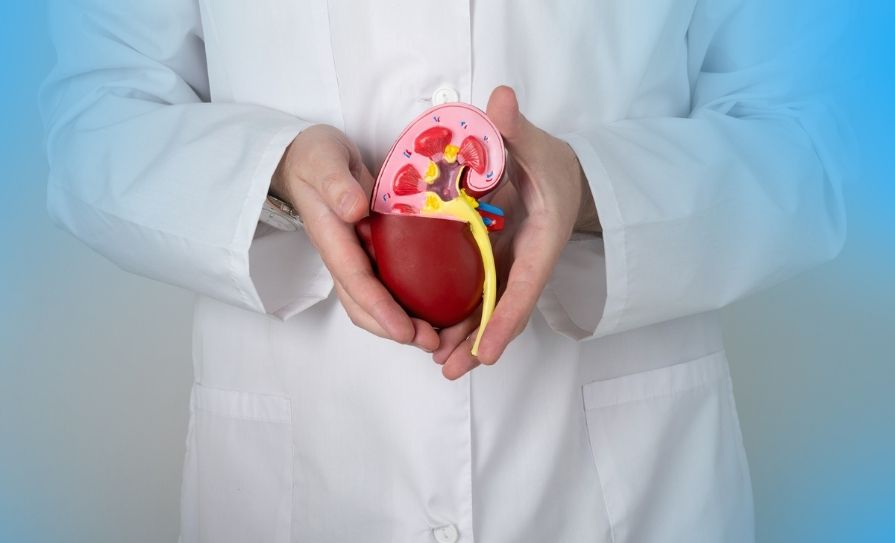There was a further increase in the number of patients being administered buprenorphine/naloxone (Suboxone) in the first third of this year, according to figures provided by the HSE to this newspaper. A spokesperson for the Executive told the Medical Independent (MI) that 441 patients were in receipt of Suboxone in January. The figure continued to increase in February and March, with 492 receiving Suboxone in April. These figures include patients registered in prisons.
The trend is in line with the increase in patients receiving Suboxone throughout the Covid-19 pandemic. In January, MI reported that 407 patients were in receipt of Suboxone in November 2020 compared to 376 in September 2020.
In 2015, the opioid substitution implementation group recommended a phased increase in access to buprenorphine products, subject to legislation being introduced and funding made available.
New regulations were introduced in November 2017 to provide access to certain buprenorphine-based medicinal products in the opioid substitution treatment system on the same statutory basis as methadone. The HSE’s spokesperson said the continuing roll-out of the Suboxone programme had not been impacted by the pandemic.
“The HSE is satisfied that those who need access to the Suboxone programme are able to do so,” said the spokesperson. At the end of April, 10,975 patients were receiving methadone, which compared to 10,969 in January this year. Separately, earlier this month the National Drug and Alcohol Survey 2019/20 was published by the Health Research Board.
It found a reduction in the use of cannabis and a significant decrease in the instances of cannabis use disorder recorded when compared to the 2014/15 survey. Overall, the use of illegal drugs has remained at a similar level to that recorded in the 2014/15 survey; however, an increase was seen in the use of cocaine and ecstasy. Meanwhile, a recent cross-section observational study on the seroprevalence of antibodies to Covid-19 in patients receiving opiate agonist treatment (OAT), conducted by the HSE National Drug Treatment Centre (NDTC), noted the possibility of a protective effect of OAT medications on development of the disease.
None of the approximately 565 attendees at the NDTC presented with serious illness indicative of Covid-19 throughout the three waves of the pandemic, nor were any deaths due to Covid-19 reported. The study was published in the Irish Journal of Medical Science.












Leave a Reply
You must be logged in to post a comment.